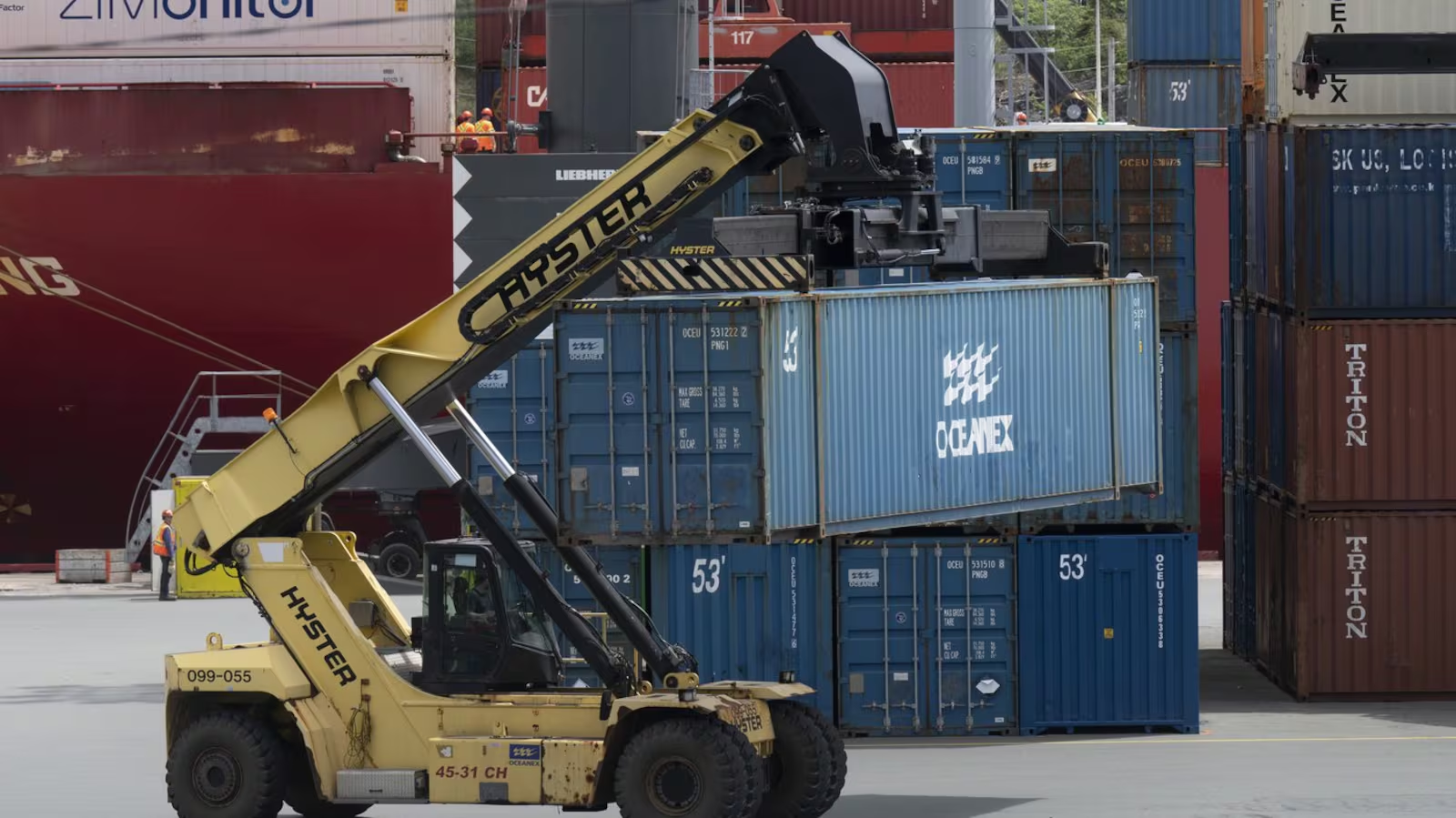Canadian small businesses are feeling the brunt of the Trump administration’s latest tariff hike, as larger players—particularly in the oil sector—continue to enjoy broad exemptions. For entrepreneurs like Steve Mallia, who runs the Toronto-based StarField Optics, the impact has been swift and severe. His company, which once thrived on exports of telescope accessories to the U.S., saw sales vanish after Washington imposed a 25 per cent tariff in March on goods not compliant with local content rules under the U.S.-Mexico-Canada Agreement (USMCA).
Mallia’s products relied heavily on Chinese components, making them non-compliant under the trade deal. As a result, StarField Optics was priced out of its main market almost overnight. In response, Mallia undertook costly production changes to meet USMCA rules—altering his supply chain, setting up new facilities, and enduring six months of lost sales. Still, he believes the investment will pay off, with the company set to regain access to the U.S. market by October, which once accounted for 60 per cent of his sales.
His struggle is emblematic of what many small and medium-sized businesses across Canada are now facing. Despite representing nearly 98 per cent of Canadian firms and more than half the economy, these businesses often lack the resources to rapidly adapt to shifting trade rules. Compliance with USMCA can require legal guidance, complex documentation, and sometimes a complete overhaul of long-standing supply chains.
While small businesses scramble, Canada’s oil and gas industry has largely dodged the fallout. Nearly 99 per cent of oil exports entered the U.S. duty-free in June, according to U.S. Census Bureau data, thanks to built-in exemptions and rapid USMCA compliance by major energy producers. In contrast, only 45 per cent of non-energy exports were compliant as of June, a modest rise from 42 per cent the year prior.
Trump raised the tariff again last Thursday—up to 35 per cent—for Canadian goods that remain non-compliant. Sectors struggling most to meet the new standards include agriculture, chemicals, furniture, and manufactured goods. Experts say many businesses will need years to fully transition, with costs inevitably passed on to consumers.
Despite the barriers, Mallia acknowledges the strategic necessity of U.S. market access. While exploring new opportunities in Europe and Australia, he remains determined to make the American market work for his business again. “At the end of the day, they’re the biggest economy in the world, and they’re right there,” he said. “You are foolish not to look at that.”

